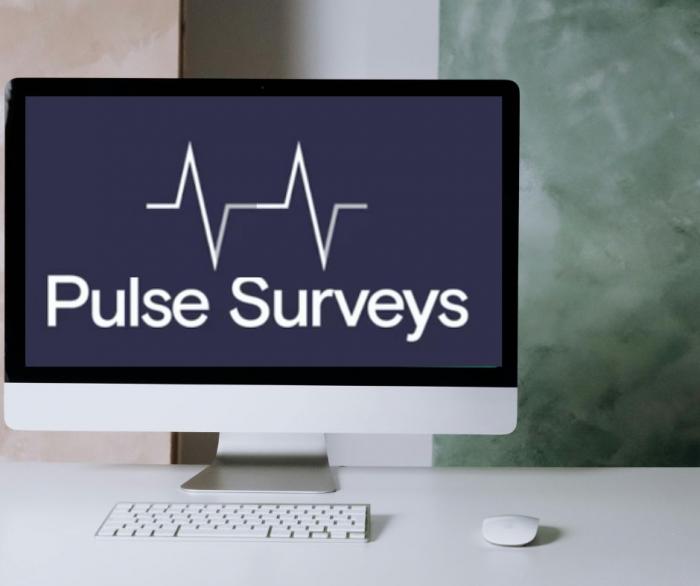5 Essential Questions to Include in Your Post-Event Survey
 If you’re not using post-event surveys to get honest feedback, you’re basically flying blind. Imagine planning your next event based on guesses instead of facts. That’s what you’re doing if you skip the step of asking attendees what worked, what didn’t, and how they felt. Don’t make that mistake. Post-event surveys are your secret weapon to organizing unforgettable events that people rave about.
If you’re not using post-event surveys to get honest feedback, you’re basically flying blind. Imagine planning your next event based on guesses instead of facts. That’s what you’re doing if you skip the step of asking attendees what worked, what didn’t, and how they felt. Don’t make that mistake. Post-event surveys are your secret weapon to organizing unforgettable events that people rave about.
Let’s get real—most surveys fail because they ask the wrong questions or too many questions. The truth is, your survey doesn’t need to be long. It needs to be smart. Ask the right five questions, and you’ll uncover more about your event’s success than a 20-question survey ever could. Here’s exactly what you should include in your post-event survey, and why these questions are non-negotiable.
Why Post-Event Surveys Are Non-Negotiable
Feedback is the foundation of improvement. No matter how much time and effort you put into planning, your event can only be as successful as it is perceived to be by your attendees. A well-designed post-event survey tells you where you nailed it and where you flopped. Without this data, you’ll repeat the same mistakes, fail to build lasting impressions, and leave your audience feeling ignored.
Surveys don’t just help you improve—they help you build trust. People love to feel heard. When you ask for their opinions and act on them, they’re more likely to come back to your events. But here’s the kicker: not just any survey will do. You need questions that cut through the fluff and get to the heart of the matter. To learn more about crafting meaningful questions, check out What questions should be in an event management survey?
Key Elements of a Great Post-Event Survey
Your survey should be short, sharp, and strategic. If it feels like homework, no one will complete it. Use simple language, keep it to no more than 5–10 questions, and always connect each question to a goal. For example, don’t ask attendees if they liked the catering just because you’re curious. Ask it because you want to know if the food added to their overall experience. Every question must serve a purpose.
The 5 Essential Questions
Let’s break down the five questions that will transform your post-event surveys into a goldmine of insights.
How would you rate your overall experience at the event?
This is your go-to question for a big-picture view. Use a rating scale (e.g., 1 to 5 or 1 to 10) so you can measure satisfaction at a glance. If your scores are low, that’s a red flag for deeper issues. Combine this with an optional follow-up: “What influenced your rating?” This lets you understand if the issue was with content, organization, or something else entirely.
Which session or activity did you enjoy the most and why?
Not all parts of an event are equal. Some speakers, workshops, or activities will hit home, while others might flop. By identifying what people loved, you know what to repeat and what to ditch. For example, if 80% of attendees rave about a certain speaker, you’ve found your gold standard for future events.
How satisfied were you with the event's organization, venue, and logistics?
Logistics matter more than you think. If the venue was too small, the registration process was a headache, or the tech setup failed, people will remember those things more than the actual content. Use this question to identify friction points. A poorly organized event is like a bad restaurant experience—no matter how good the food is, people won’t come back if the service was terrible.
What could we improve for our next event?
Open-ended questions are your chance to get unfiltered opinions. Yes, they can be messy to analyze, but they’re worth it. This question gives attendees the freedom to speak up about anything you didn’t cover. You’d be surprised how often people point out things you didn’t even realize were a problem.
How likely are you to recommend this event to a friend or colleague?
This is your Net Promoter Score (NPS) question, and it’s the ultimate loyalty test. People who are highly likely to recommend your event are your biggest fans. They’re the ones who will bring others to your next event. A low score here means you’ve got work to do. Combine this with a follow-up asking, “Why did you give this score?” to pinpoint what’s driving loyalty—or the lack of it.
Tips for Designing Surveys People Actually Want to Answer
Creating a survey is easy; getting people to answer it is the hard part. Here’s how you make it irresistible:
- Keep it short: Nobody wants to spend 20 minutes on a survey. Aim for 2–3 minutes max.
- Be mobile-friendly: Most people will complete your survey on their phones. Test it to ensure it works perfectly on all devices.
- Offer incentives: A discount, exclusive content, or a chance to win something can skyrocket your response rate.
- Send it immediately: Timing is everything. Send the survey within 24 hours of your event while the experience is still fresh.
For more detailed guidance, see Steps to conduct an event management survey and take the guesswork out of creating impactful surveys.
Conclusion
Post-event surveys aren’t just a nice-to-have—they’re a must-have. By asking these five essential questions, you’ll gain the insights you need to create events that are not just successful but unforgettable. Don’t overthink it; keep your survey focused, actionable, and attendee-friendly.
Ready to create a survey that delivers? Use Enquete’s powerful survey tools to design, distribute, and analyze your post-event surveys with ease. Stop guessing—start asking. Your next event’s success depends on it.


